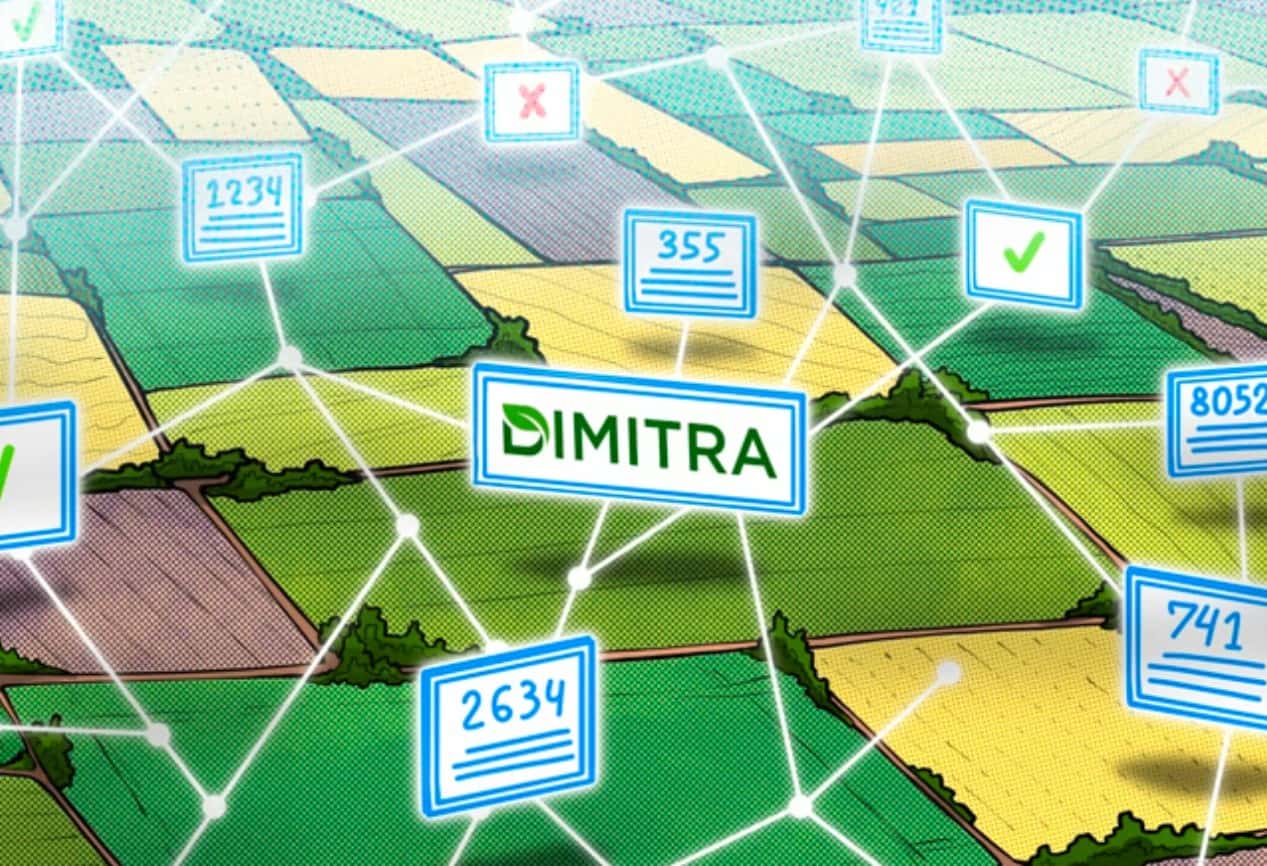
Avocado is important for Kenya. Beyond being an essential side dish and a pudding ingredient for the local population, this pear-shaped fruit is also a major contributor to Kenya’s export proceeds.
In a global market valued over $15 billion in 2023, Kenya proudly stands as the fourth biggest avocado producer — and the biggest in Africa — thanks to its climate that enables perennial production.
However, only about 23% of the avocados harvested in Kenya could make it to the export market, according to One Million Avocados (OMA) — a startup organization in Kenya focused on helping avocado farmers in the region.

According to Statista, 70% of the avocado production in Kenya is done by small-scale farmers who lack direct access to a unifying network or modern agriculture technology. Stringent rules create a barrier for smaller-scale farmers to export their produce, while common agriculture challenges like pests and diseases lower the quality of their product.
How blockchain and AI can help small-scale farmers
A combination of local expertise and advanced technology, including blockchain, data analytics and artificial intelligence (AI), could tackle the key challenges faced by Kenyan avocado farmers.
This is the main goal of the partnership between OMA and Dimitra, a blockchain-based agricultural technology (AgTech) company that drives productive, intelligent and inclusive farming. As part of the collaboration with OMA, Dimitra has equipped local avocado farmers with essential technology featuring AI, Internet of Things (IoT) and blockchain. Moreover, Dimitra’s blockchain helps farmers comply with strict environmental, social and governance (ESG) standards, opening up new markets and unlocking new value for their produce.
The partnership stands as Dimitra’s first foray into real-world asset (RWA) tokenization, which seeks to digitize assets from the physical world on a blockchain. To help Kenyan farmers manage avocado production more efficiently, Dimitra and OMA digitized 10,000 avocado trees in Kenya as nonfungible tokens (NFTs), bringing transparency and opportunity to smallholder farmers.
Agriculture gets NFT treatment
Minted on the Polygon blockchain, each Agriculture RWA NFT provides farmers with a real avocado tree with complete real-world data, including the GPS location of the tree, its farm score, a photo and development history. Along with the tree seedling, farmers also receive enterprise-grade tech solutions with their NFT, including soil sensors, fertilizers, satellite images and AI-powered agronomic analysis reports.
As part of the partnership, OMA will use DMTR, the proprietary token of the Dimitra ecosystem, for transactions. The global accessibility of cryptocurrencies helps Kenyan farmers hold and make transactions directly on the blockchain, enabling seamless NFT purchases and revenue-sharing activities. OMA will also convert avocado farmers’ points accrued for DMTR tokens to increase awareness of how crypto could make agriculture more efficient and effective.
Connecting farmers on blockchain
A vital aspect of the OMA-Dimitra partnership is onboarding Kenyan avocado farmers to Connected Farmer — a Web3 platform that aims to democratize access to key technology for smallholder farmers.
Available on Android, iOS and web browsers, Connected Farmer offers all the functionality of Dimitra blockchain in an easy-to-use interface. Farmers get direct access to Dimitra’s tech stack through the Connected Farmer platform, which enables them to utilize advanced machine learning and data science methods to track their pest and disease problems in real-time and better understand effective solutions to address them.
